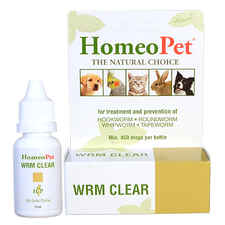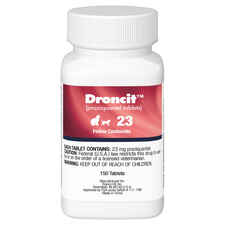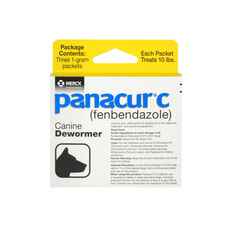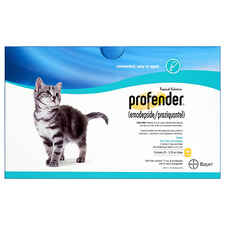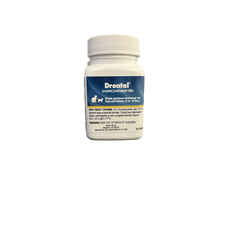Protecting Your Pet Against Worms
Doctor of Veterinary Medicine

While efforts are made to answer all questions as quickly as possible, if an immediate answer is required or if your pet is in need of urgent or emergency care, contact your pet's veterinarian immediately.
Doctor of Veterinary Medicine

You will receive an answer from Dr. Lindsay and our vet/tech team as soon as possible, usually the same day.
All answers are provided for informational or educational purposes only, and are intended to be a supplement to, and not a substitute for, the expertise and professional judgment of your pet's veterinarian.
It may be necessary to consult your pet's veterinarian regarding the applicability of any opinions or recommendations with respect to your pet's symptoms or medical condition.
CloseDoctor of Veterinary Medicine

An error has occurred, please reload the page and try again.
CloseWhile efforts are made to answer all questions as quickly as possible, if an immediate answer is required or if your pet is in need of urgent or emergency care, contact your pet's veterinarian immediately.
There is no answer related to your question
Worms (tapeworms, roundworms, hookworms, and whipworms) survive in pets by draining pets of their nutrients and blood. Pets with worms can experience anemia (low red blood cell count), lethargy, and poor appetite. Severe cases of worms can even become fatal for some pets.
- Eating fleas
- Catching mice, rats, or other small prey
- Eating feces of other pets and animals
- Weight loss
- Vomiting
- Dull coat
- Swollen belly
- Blood or mucus in the stool
Pets most at risk include kittens, puppies, and pets that have been raised in yards or on farms.
It is recommended that you deworm your pet every six months.


















